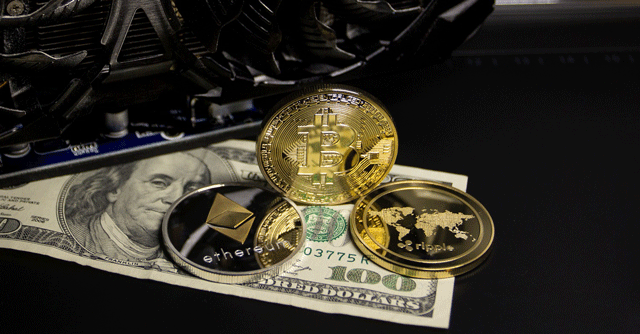
Explained: How Bitcoin dodged a bullet


In a major relief for the crypto industry, the European Parliament rejected a clause in the Markets in Crypto Assets (MiCA) bill that would have effectively banned all proof-of-work (PoW) protocol-based cryptocurrencies including Bitcoins.
What is PoW and why are countries worried about it?
PoW is a consensus protocol used by several blockchain platforms, including Bitcoin and Ethereum. In POW, every miner on the network competes to validate transactions, even though only the first to validate it will be rewarded with new crypto. Miners with the most computing power will usually win, but that also requires large amounts of electricity, which is usually generated using fossil fuels. According to University of Cambridge's Bitcoin Electricity Consumption Index, Bitcoin mining consumes more than 121.36 Terawatt Hours (Twh) per year, which is more than the annual electricity consumption of some countries like Argentina, Malaysia, and Sweden.

Is there an alternative to POW?
Yes. Newer crypto platforms, like Cardano and Solana, are built on the ‘proof-of-stake’ system, or POS. In this, miners are required to “stake” their own cryptocurrencies in order to join the network. Miners with the highest stakes get to validate transactions, thereby reducing the overall energy consumption. According to the Ethereum Foundation, which maintains Ether, the second largest crypto in the world, POS can reduce energy needs by 99.5%. Ethereum, which is more flexible than Bitcoin in terms of its possible uses, is based on the POW system right now. However, it is moving to the POS system sometimes in 2022, with the launch of the Ethereum 2.0 platform.
Does India mine cryptocurrencies?

Technically, yes. But India has significantly more traders than miners. According to the Bitcoin Electricity Consumption Index, cited above, only 0.05% of the monthly computing power put into mining Bitcoins worldwide comes from India. The upcoming crypto bill in India is expected to create strict rules to prohibit crypto mining in the country. That said, a ban on POW cryptos in the EU would have affected the overall market and tanked the prices of Bitcoin globally, which would have affected Indian traders too.
What was the problematic clause in the bill?
The MiCA bill was introduced in 2020 and sought to curb the harmful impact of crypto mining on the environment. The problematic clause that was rejected was asking for a “minimum environmental sustainability” standard to be enforced, which would have required all PoW-based platforms to submit environmental compliance plans or face a ban on all mining or trading. Since most cryptocurrencies run on a public network, with no central operators, such data isn’t always available and would have meant that they would be banned. The EU choosing not to ban POW cryptos will also figure into future decisions made by other countries, including India. Environmental concerns were key in China’s ban on crypto mining last year.

